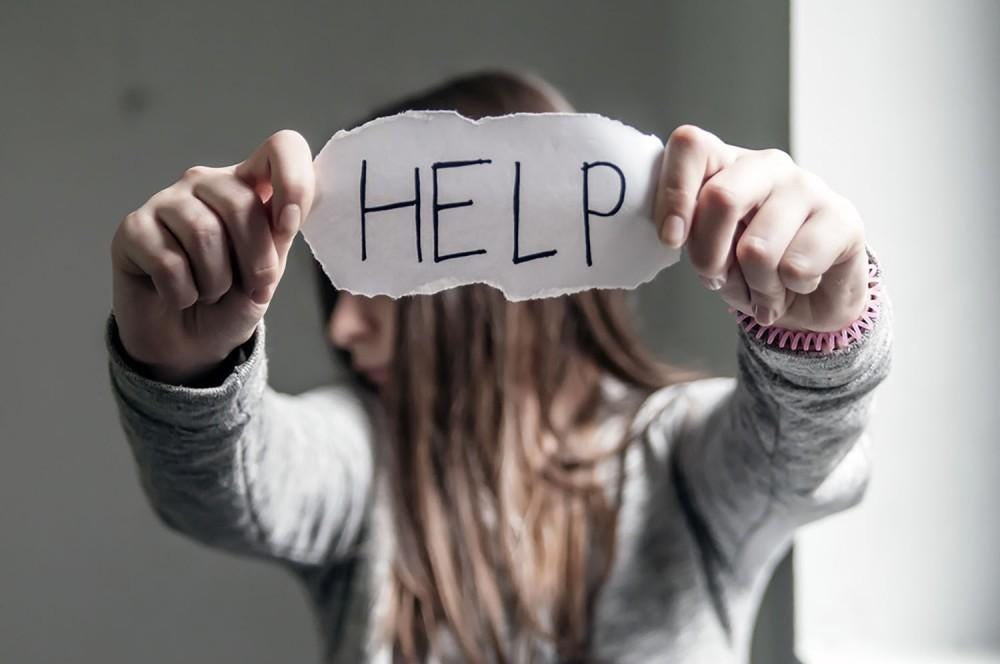Lexapro Approved for Pediatric Use Despite the 6-Fold Increase in Suicide Risk
How does this happen?
In a startling development last May, the FDA extended the approval for the SSRI drug Escitalopram (Lexapro) to include children aged 7 and older who report anxiety. I covered this in a prior article (you can read it here), but given the conspicuous absence of media attention, this development merits its own dedicated piece. To jog your memory:
The researchers randomly assigned 275 children, aged 7-17, diagnosed with generalized anxiety disorder (GAD) to one of two groups: those receiving Lexapro and those given a placebo. The trial spanned only eight weeks.
The results? On the 30-point PARS-GAD anxiety scale, a statistically significant mean difference of only 1.42 points was observed between the drug and placebo groups (with significance at p < 0.05, but not at p < 0.01). This small finding formed the basis for the FDA's approval.
However, the researchers noted that there was no discernible contrast between the groups in response to the drug, remission from anxiety, or overall functioning. In other words, an equivalent number of children, whether on the drug or placebo, experienced clinical improvement ("response") or the absence of anxiety ("remission"). Additionally, the drug did not improve overall functioning.
The drug led to suicidality in 9.5% of the children who took it, whereas only 1.5% of those in the placebo group experienced such feelings. The study's conclusion, inexplicably, boldly asserts that "Lexapro is well tolerated in pediatric patients with Generalized Anxiety Disorder." Yes, you read that right—a disturbing six-fold increase in suicidality… AND ITS WELL TOLERATED!
According to Martin Pröderl, a clinical psychologist and researcher at the Department of Suicide Prevention, University Clinic of Psychiatry and Psychotherapy, Christian - Doppler - Klinik, Salzburg, Austria
“Children and adolescents exposed to escitalopram (Lexapro) were more likely to become suicidal than to experience an improvement in anxiety. These results are concerning and the conclusions in the article can be considered classic spin.”
It raises the question: "Who are these individuals?" What ethical scientist would assert the safety and tolerance of a drug that could be fatal to young children who are merely experiencing "anxiety"? This isn't to downplay the difficulties that stress, worry, and anxiety can pose, but certainly, it's not worth risking a child's life. In fact, these episodes are a common part of development, and safe and effective behavioral therapies have been available for decades.
The Journal of Child and Adolescent Psychopharmacology featured the recent study. Much like the prevailing trend in clinical drug trial reports, the authors of this study included employees of the pharmaceutical company, with the article being composed by Prescott Medical Communications Group, a medical writing company paid by the same company. In fact, AbbVie (the pharmaceutical company that manufactures Lexapro) left no room for ambiguity, explicitly stating that it had complete control over all facets of the trial. They proclaimed, "We funded this study and actively contributed to the study design, research, analysis, data collection, data interpretation, as well as the review and approval of the publication."
The first author, Jeffrey R. Strawn at the University of Cincinnati Medical Center, although not affiliated with AbbVie or its contracted companies, is disclosed to have received research funding from AbbVie.
Notably, authors Edward Greenberg, Chengcheng Liu, and Mallika Gopalkrishnan are direct employees of AbbVie. Meanwhile, authors Leslie Moldauer, Rebekah D. Hahn, Alexandria Wise, Kristina Bertzos, and Beth Eisenberg are all employed by Syneos Health, a company financially supported by AbbVie to conduct the study. The paper's last author, James A. Knutson, is the owner of Core Clinical Research, another such company involved in the study.
Author Molly McVoy, received a grant from The Hartwell Foundation, which is dedicated to advancing biomedical interventions in children.
Carol Brown, the Prescott Medical Communications employee who crafted the article, is conspicuously absent from the list of authors. Instead, she is credited for her "writing and editorial assistance," in a practice commonly associated with "ghost authors."
As is customary in publications of this kind, the authors' conclusions starkly contradict the actual data. Despite the significant suicide risk, their conclusions confidently declare the drug's safety and tolerability. This is the information that physicians will receive. They won't analyze the research paper to assess its design and statistics. Instead, they'll embrace the authors' conclusions as firmly established scientific fact. They'll participate in conferences where the drug is advocated as a first-line treatment. They'll receive lunches, dinners, marketing materials, and persuasive pitches from pharmaceutical sales representatives. Some doctors may even brand individuals like me on social media as "anti-psychiatry" and "anti-science."
Because this paper was published in a "prestigious journal," it will be upheld as an indisputable truth. This is how falsehoods spread. This is how a mental health crisis takes root. This is how innocent children lose their lives.
RESIST
Please share this post, engage with your pediatrician, inform your friends, and make your voice heard on social media. It's the sole means by which we can halt this juggernaut.






My son was prescribed Lexapro for anxiety. It didn't work so they increased the dose. He's dead now. His 6 year old daughter has no father.
I have been on lexapro twice and it took me until the second time to realize that my significant weight gain was from it. I struggle with so much more after succumbing to being a pharma test subject. I will vehemently work to keep all pharma from my kids!